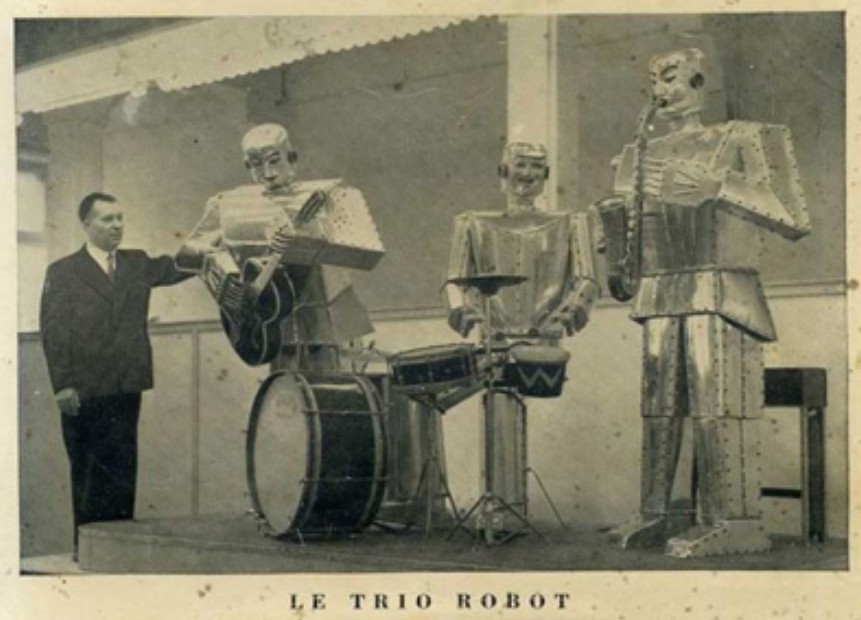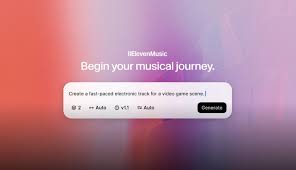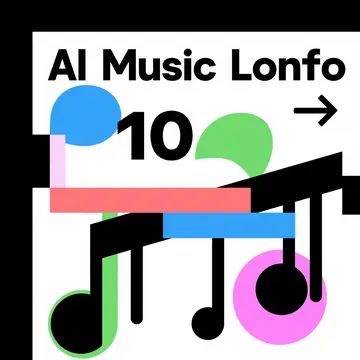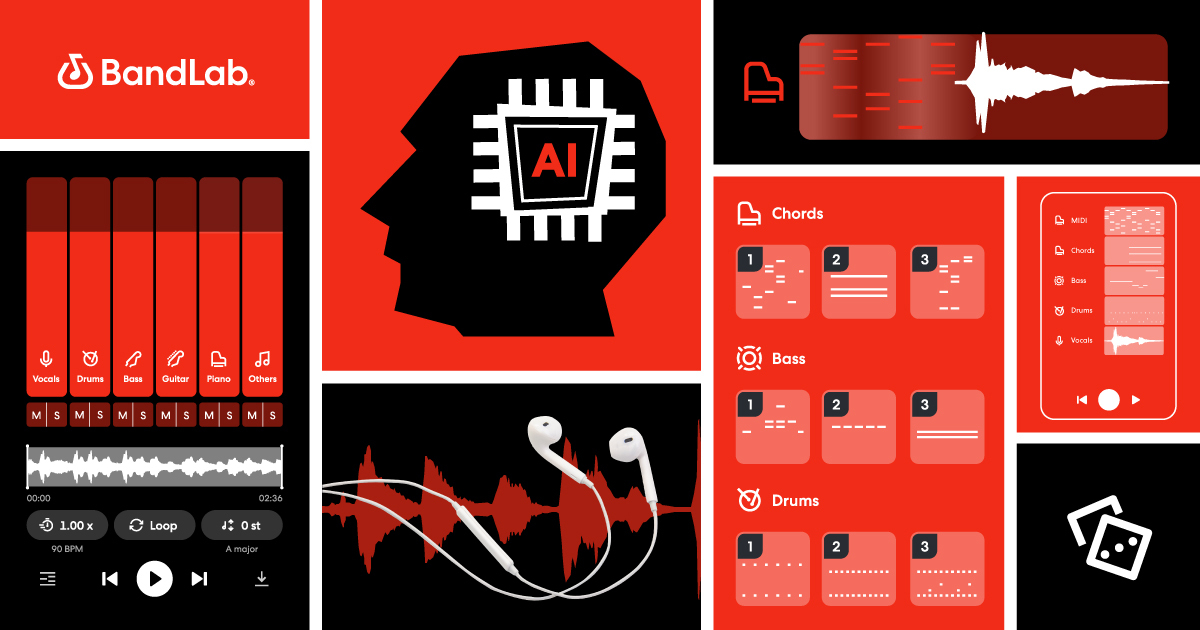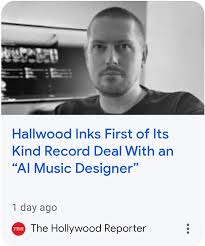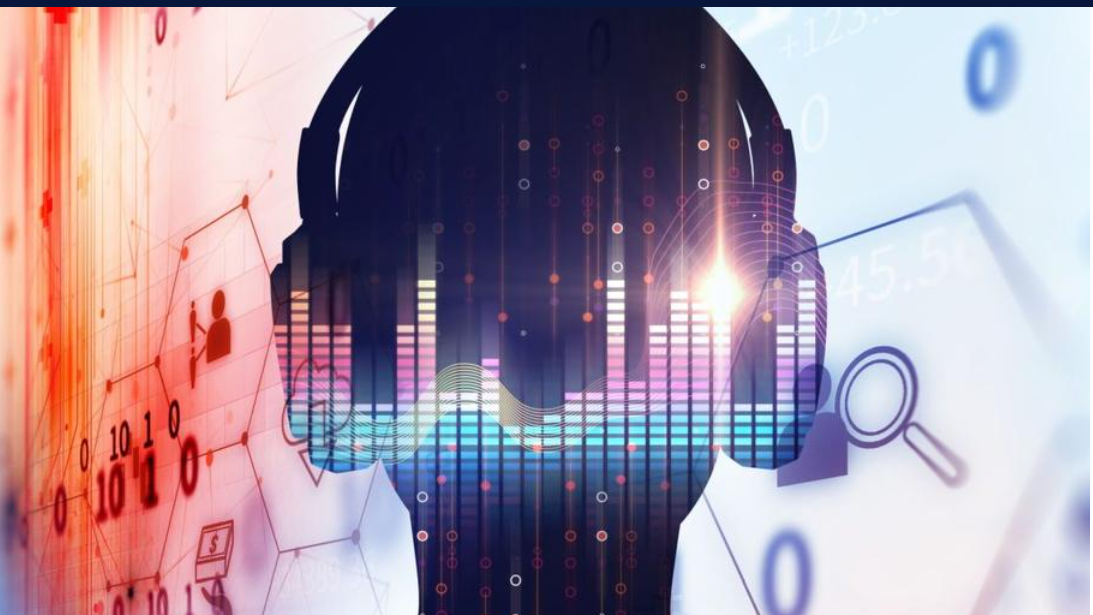In June 2025, a new band named The Velvet Sundown emerged on Spotify, quickly amassing over 1.1 million monthly listeners. Their debut album, Floating on Echoes, topped the platform's Viral 50 charts in several countries. However, fans soon discovered that the band was entirely AI-generated, sparking a significant debate about the authenticity of music in the digital age.

?? The Velvet Sundown: An AI-Generated Phenomenon
The Velvet Sundown's rise was meteoric. Their music, characterized by soft guitar melodies and male vocals, was produced using AI tools like Suno, which converts text prompts into music. The band's images and background stories were also AI-generated, leading to questions about their authenticity. On July 5, the band confirmed via Spotify that their music was AI-generated, directed by human creators as an artistic statement on authorship and identity in the digital age.
This revelation raised concerns among listeners and industry professionals about the implications of AI-generated music on the streaming economy.
?? The Impact on Real Artists and Revenue Streams
The emergence of AI-generated bands like The Velvet Sundown has significant implications for real artists. Streaming platforms operate on a finite revenue pool, and the influx of fake artists can divert income from genuine musicians. For instance, Spotify's recent policy changes, such as demonetizing songs with fewer than 1,000 streams annually, have made it more challenging for small bands to earn revenue.
Moreover, the rise of AI-generated music has led to the proliferation of streaming farms—networks of fake streams generated by bots or low-effort content. These practices not only distort the platform's recommendation algorithms but also skew consumer data, making it harder for real artists to gain visibility and fair compensation.
??? ROKK's Stand Against Fully AI-Generated Music
In response to the growing concern over AI-generated music, ROKK, a rock and metal streaming platform, announced a policy to ban fully AI-generated music. The platform allows users to flag suspicious tracks, which are then manually reviewed by ROKK staff. If a track is confirmed to be entirely AI-generated, it is removed from the platform.
ROKK's co-founder, Alexander Landenburg, emphasized that while AI can assist in the creative process, it should not replace human artistry. He stated, “It’s one thing if someone uses technology as part of their creative process. What matters is that there’s still a major and meaningful human contribution at the core.”
?? The Need for Transparency and Ethical Standards
The Velvet Sundown controversy underscores the necessity for transparency and ethical standards in the music industry. Platforms like Deezer have already implemented AI tagging systems to identify and label AI-generated content. However, major platforms like Spotify and Apple Music have yet to adopt similar measures, leading to calls from artists and industry professionals for clearer policies and better detection tools.
The lack of transparency not only misleads listeners but also undermines the efforts of real artists who invest time and resources into their craft. As AI continues to play a larger role in music production, it is crucial for the industry to establish guidelines that protect the interests of human creators and maintain the authenticity of music.
?? Conclusion: Navigating the Future of Music in the AI Era
The rise of AI-generated bands like The Velvet Sundown presents both opportunities and challenges for the music industry. While AI can serve as a tool for creativity, it should not replace the human element that defines music. Platforms like ROKK are taking a stand to ensure that music remains authentic and that artists are fairly compensated for their work.
As the industry continues to evolve, it is essential for all stakeholders—artists, platforms, and listeners—to engage in discussions about the ethical use of AI in music. By fostering transparency and establishing ethical standards, the music industry can navigate the complexities of the AI era while preserving the integrity of music.

